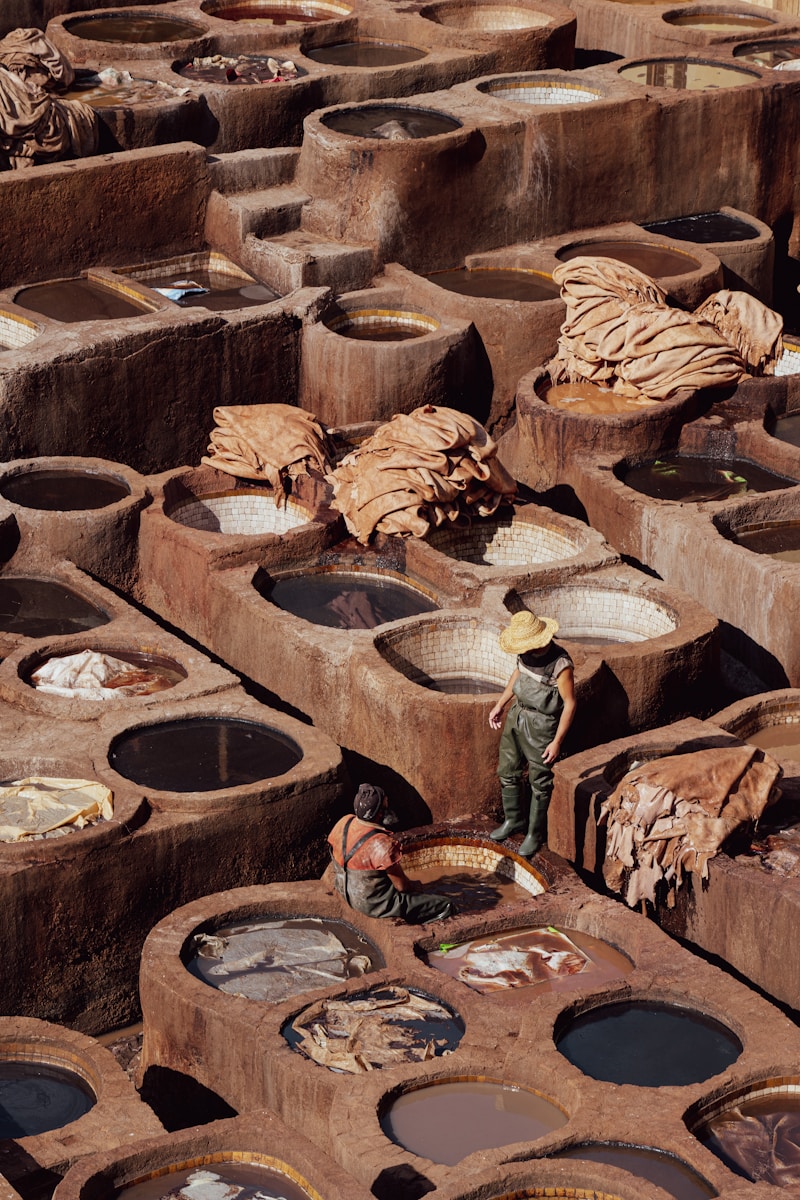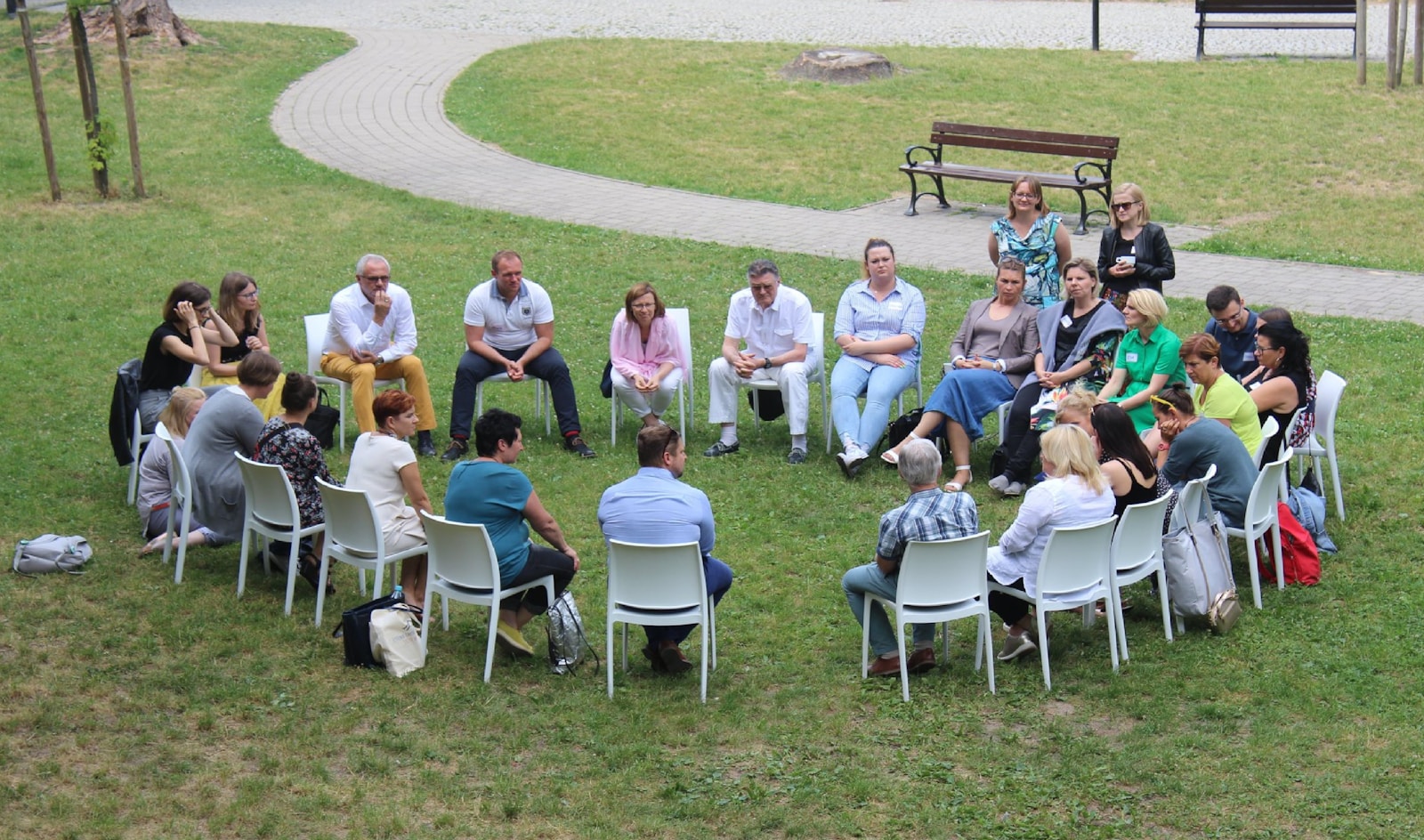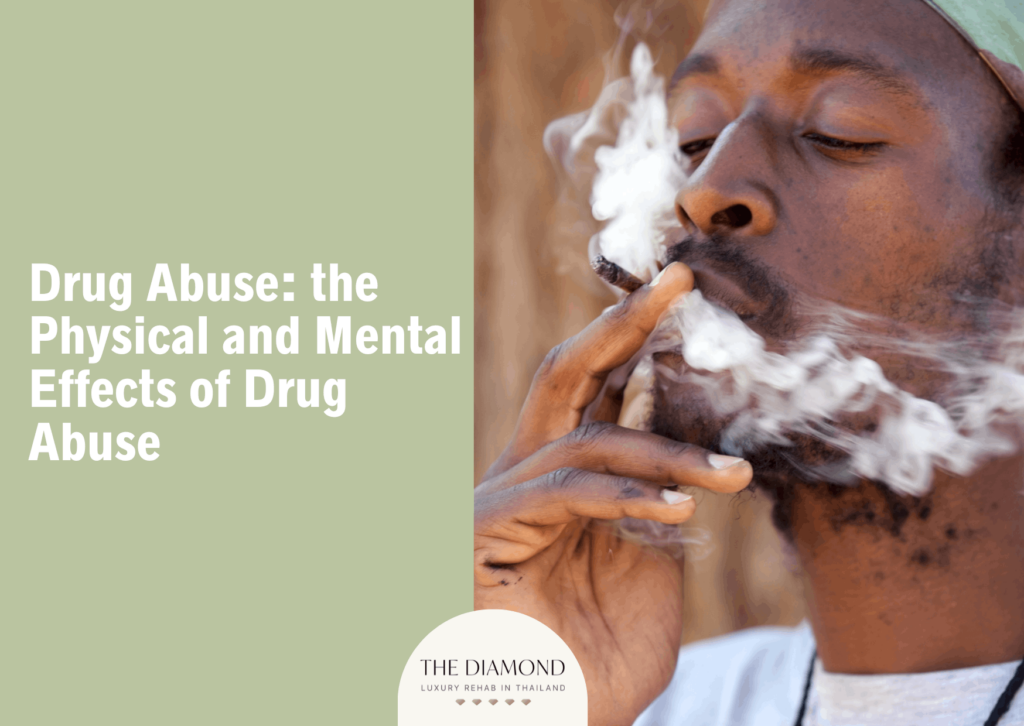Critical Minerals Africa: The Curse and Opportunity of Critical Minerals in Africa
Africa’s vast reserves of critical minerals such as cobalt, rare-earth metals, and uranium have become central to the global energy and digital transitions. Yet, despite this natural wealth, many African countries face the paradox of slow development and persistent conflict. The global scramble for these minerals—led predominantly by China, the US, and the EU—has exposed the continent to economic exploitation, political instability, and environmental risks. This situation echoes the historical resource grabs of the colonial era, where power imbalances heavily favored external actors at the expense of local communities.
China’s Dominance and the Global Power Struggle
China currently controls an estimated 60-80% of the critical minerals needed for clean-energy technologies, establishing a quasi-monopoly that spans mining to processing. This dominance presents a serious challenge to Western powers, who view China’s control as both an economic and national security threat. The recent export restrictions and geopolitical maneuvers reflect how strategic minerals have become a key battleground in global diplomacy. African nations rich in resources find themselves caught in the middle, facing pressure from multiple sides while struggling to secure fair benefits for their people.
Historical Context: The Legacy of Resource Exploitation
The scramble for Africa’s minerals today is not new. It follows a long history of imperial powers exploiting the continent’s resources using advanced technology and military force. In the 19th century, European powers extracted copper, tin, rubber, diamonds, and gold under conditions that often marginalized local populations. Today’s resource extraction, while more technologically advanced, still often suffers from imbalanced contracts, poor governance, and social conflict. The story of mineral wealth as a “curse” rather than a blessing is deeply rooted in these historical and structural factors.
Related: Africa Policy Review |
IMF Working Paper on Resource Curse
Conflicts and Challenges in Mineral-Rich Regions
Many African countries blessed with critical minerals also grapple with internal and external conflicts that undermine development. The Democratic Republic of Congo (DRC), for example, is home to vast mineral wealth but suffers from ongoing violence, particularly in provinces like Katanga and North Kivu. Rebel groups backed by neighboring countries fuel instability, complicating efforts to manage resources effectively. Such conflicts not only hinder economic progress but also expose communities to human rights abuses, forcing multinational corporations and governments to reconsider their approach to sourcing minerals ethically and responsibly.
The Importance of Strong Institutions
Breaking free from the resource curse requires robust institutions capable of managing external relations and domestic revenues. Outward-facing institutions must negotiate transparent and fair mining contracts that include local content provisions, ensuring more value addition and employment within African countries. Inward-facing institutions are tasked with overseeing how resource revenues are invested, mitigating environmental damage, and upholding labor rights. Botswana’s strategic investment in diamond cutting illustrates the benefits of strong institutional frameworks that keep economic gains within the country.
Environmental and Social Governance: A Growing Concern
As global demand for critical minerals grows, so does scrutiny over the environmental and social impact of mining activities. Issues like deforestation, pollution, and child labor have prompted calls for boycotts and stricter regulations. While these measures may not immediately change government behaviors, they can pressure multinational companies and foreign governments to enforce higher standards. Ultimately, mineral-rich countries must balance economic development with protecting their people and ecosystems to ensure sustainable growth.
World Bank on Extractive Industries
Critical Minerals Africa-The Role of Multinational Corporations and Foreign Powers
Multinational corporations and foreign governments play a significant role in shaping the critical minerals landscape in Africa. Their investments bring capital and technology but often come with unequal bargaining power that favors external interests. Deals brokered without sufficient transparency can leave African countries with minimal long-term benefits. Moreover, geopolitical maneuvering—such as the US seeking control over mineral-rich Greenland or the EU’s contracts in the Democratic Republic of Congo—illustrates how strategic minerals have become a currency of global influence, sometimes at the expense of African sovereignty and development priorities.
Critical Minerals Africa- Strategies for Equitable Resource Management
To harness mineral wealth for sustainable development, African nations must prioritize fair contract negotiations, enforce local content rules, and invest in processing capabilities to capture more value domestically. Transparent governance, anti-corruption measures, and community engagement are essential to prevent exploitation and conflict. Strengthening both outward-facing and inward-facing institutions enables countries to better manage external pressures while ensuring revenues are used for social and economic development. These strategies can help turn critical minerals from a resource curse into a foundation for prosperity.
Critical Minerals Africa-The Way Forward: Institutional Strengthening and Global Cooperation
Ultimately, mineral-rich African countries must assert greater control over their resources by building capable institutions that can negotiate effectively and manage revenues responsibly. Global cooperation is also vital: importing countries and multinational firms should support fair trade practices, environmental standards, and respect for human rights. While the global scramble for critical minerals will continue, there is an opportunity to rewrite the narrative—one that empowers Africa to leverage its resources for lasting development rather than enduring exploitation.
Oxford Energy on Critical Minerals
Critical Minerals Africa: Boosting Local Economies Through Critical Minerals Africa
The development of Critical Minerals Africa is not only crucial for global energy transitions but also for boosting local economies. By investing in local processing and refining capabilities, African countries can increase employment, retain more value within their borders, and foster economic diversification. Ensuring that the benefits of Critical Minerals Africa reach communities affected by mining operations is essential for sustainable development and reducing poverty.
Enhancing Governance and Transparency in Critical Minerals Africa
Good governance and transparency are vital to unlocking the full potential of Critical Minerals Africa. Countries must strengthen institutions to oversee contracts and revenue management, combat corruption, and enforce environmental and labor standards. For more insights on effective resource governance, visit our African Mineral Development page, which offers detailed analysis and policy recommendations.
Conclusion: Turning the Tide on the Resource Curse
Africa’s wealth in critical minerals holds immense potential to fuel economic growth and global energy transitions. However, without strong institutions and fair international cooperation, the continent risks repeating a history of exploitation and underdevelopment. By building transparent governance structures, enforcing environmental and social protections, and negotiating equitable contracts, African nations can transform their resource wealth into sustainable development. The global community also has a role to play by supporting ethical sourcing and respecting Africa’s sovereignty. The scramble for Africa’s critical minerals need not be a zero-sum game but a foundation for shared prosperity and a greener future.
Suggested Image URL (Unsplash): https://images.unsplash.com/photo-1506744038136-46273834b3fb
Alt Text: Mining operations in Africa with sunset background showing natural resources extraction
Read the original op-ed on Project Syndicate




